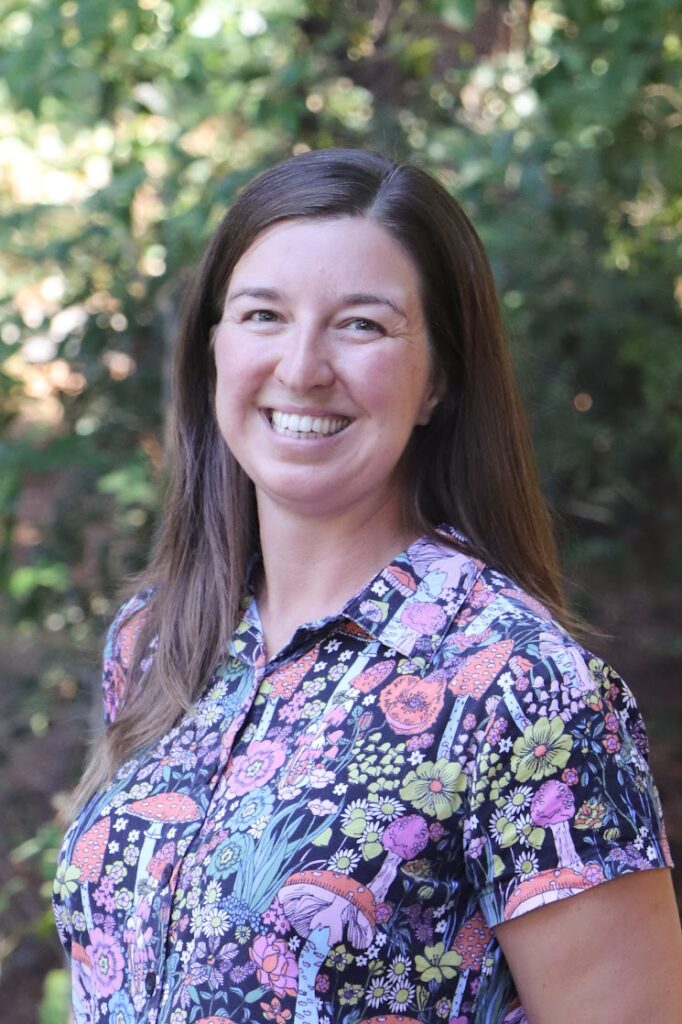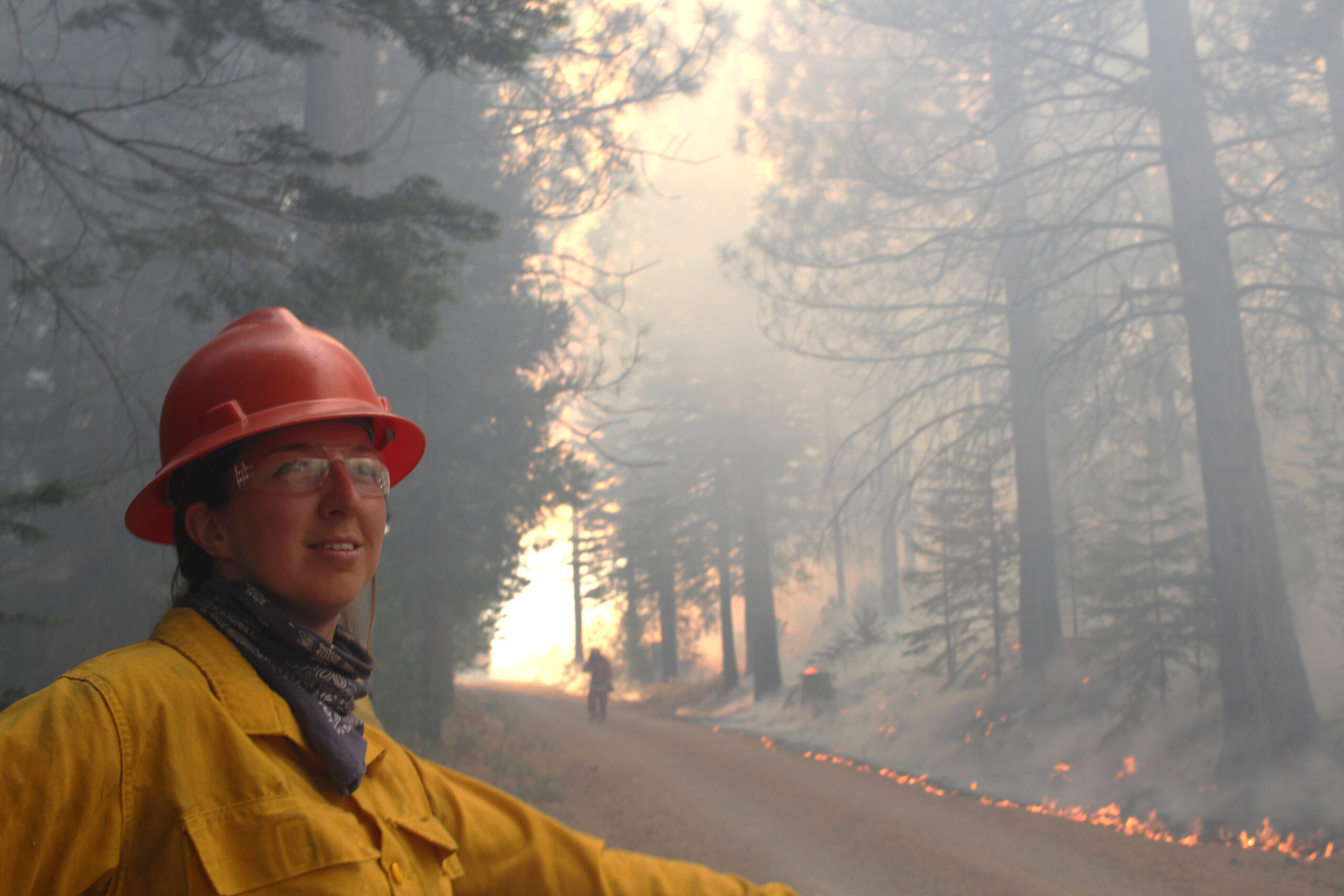
Monika Fischer is a postdoctoral scholar affiliated with the Traxler Lab in the Department of Plant & Microbial Biology at UC Berkeley.
What microbiome-related work do you do?
I study the post-fire soil microbiome. In general, I want to know how fungi and bacteria survive fire and then thrive in conditions with severely altered chemistry, rich in recalcitrant polyaromatic compounds (i.e. charcoal). By chasing wildfires and conducting a high resolution time-series experiment following intentional prescribed fires at the UC’s Blodgett Forest, I’ve established a framework that describes the members and dynamics of the soil microbiome within roughly 1-2 years following fire, laying the foundation for the rest of post-fire recovery and succession. Fieldwork by myself and others has illuminated a cohort of distinctly pyrophilous organisms that are only found abundantly following fire. I’m currently using a culture collection of pyrophilous fungi isolated from after the 2013 Rim Fire (Yosemite) to ask targeted questions about the genetic mechanisms that mediate the behavior of these fungi, with a focus on metabolism and interactions between isolates. By connecting genes to processes and landscapes, I’m aiming to build a holistic understanding of how post-fire ecosystems function.

What have you gained from the initiative so far?
Microbial ecology is an incredibly broad field that has a unique ability to unite researchers from across a myriad of fields. JBIMS plays a critical role in bringing together an academically diverse group of Berkeley researchers who are all asking questions about microbes in environments. Thanks to JBIMS, I’ve been able to meet and have fruitful conversations with Berkeley microbial ecologists who I likely never would have interacted with without JBIMS.
Learn more about Monika at her website here.